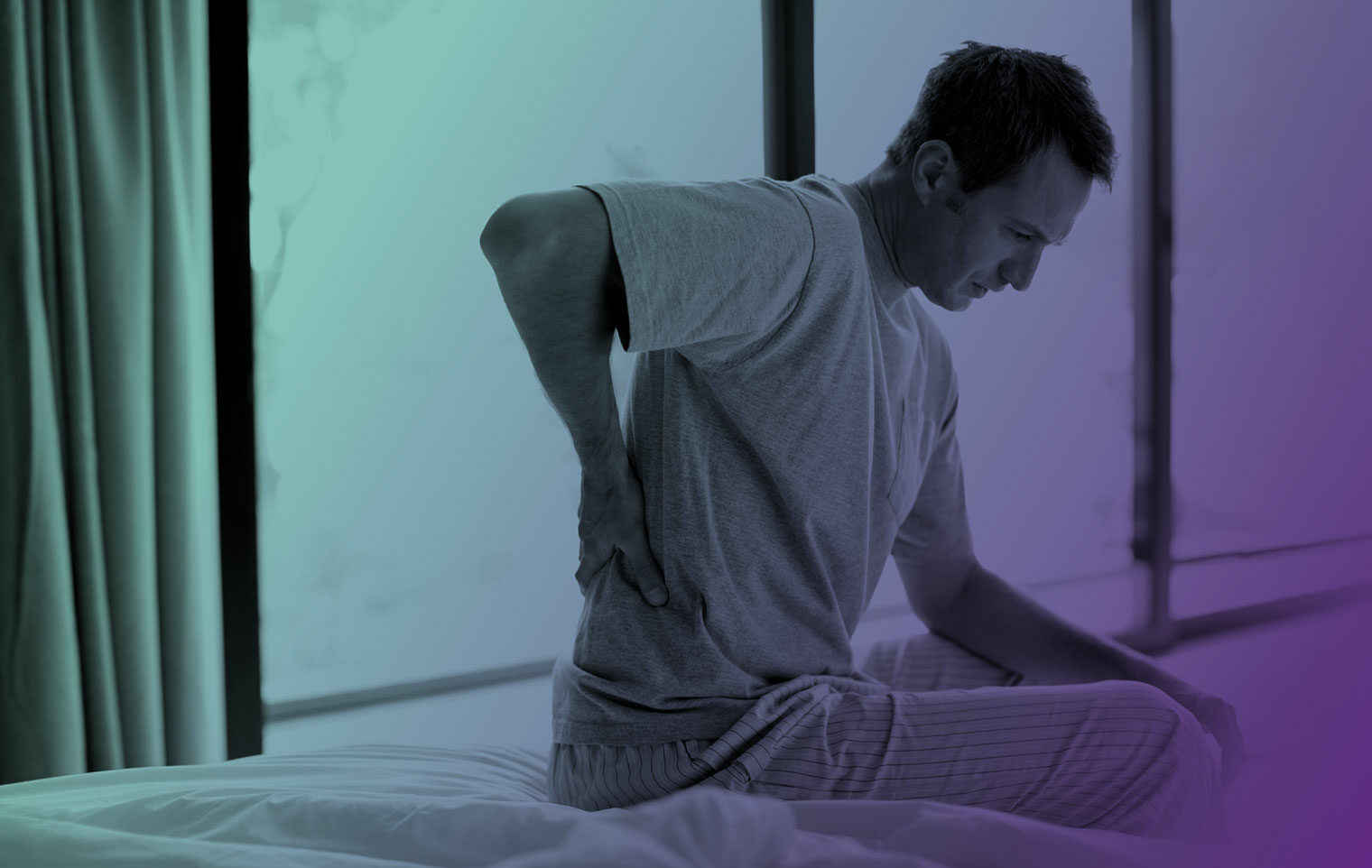When a physical injury occurs, whether in the workplace or a car accident, a key part of treatment and recovery is pain management.
Opioids may be prescribed to reduce pain injured people may face. However, opioids can come with dangerous and sometimes fatal side effects, which is why understanding what they are, how they work and how to safely manage their usage is extremely important.
Opioids are strong analgesic medications that relieve pain, rather than address the cause of the pain. Opioids work by binding to opioid receptors found in the central and peripheral nervous system and the gastrointestinal tract. They were initially developed to treat cancer pain and remain the most effective treatment of choice for cancer sufferers. Over time however, opioids have been prescribed to relieve non-cancer pain. Driven by the universal desire to avoid pain, opioids have become one of the most common analgesics prescribed despite uncertainty around their long-term efficacy and various side effects.
While effective against acute pain, opioids are not an evidence-based treatment for chronic pain and are not recommended for non-cancer pain by Australian health bodies, such as the Royal Australian College of General Practitioners. When opioids are prescribed to injured people, they should only be for short term pain relief, up to 12 weeks after a significant injury or surgery. Furthermore, they should only be prescribed from one medical practice and one doctor to ensure dosage and side effect monitoring occurs and is consistent.
Unfortunately, at times, opioids can be continually prescribed after the recommended timeframe, often to relieve non-chronic pain symptoms that persist.
At Claims Pharmacy, we see injured people prescribed opioids well after 12 weeks, with nearly 30% of injured people on opioids over a year after injury.
Long-term use of opioids to manage pain is problematic as opioids disrupt normal bodily functions, potentially resulting in side effects that range from mild to severe. Fatigue, constipation, nausea, and vomiting are all common side effects that impact injured people’s everyday living. Opioids can also affect and severely damage the bodily system, resulting in abdominal pains, heart issues, and breathing problems that can lifelong conditions.
The longer opioids are taken, the more tolerant bodies become, resulting in dose increases which can heighten side effects. Hyperalgesia, where opioids have damaged nerve responses over time, making them more sensitive, is a common side effect that results in an increased sensitivity to pain. Addiction is another serious side effect, with the time it takes to become addicted varying for person.
A safe withdrawal of opioids, especially if long term use has occurred, is key in a return to recovery. Over time, the body begins to depend on opioids and any withdrawal will produce adverse effects. Cravings, anxiety, frustration, and a worsening of physical symptoms are all withdrawal symptoms that must be monitored for. A carefully considered and planned process is necessary so that these symptoms can be tracked to ensure the safety of the injured person.
A critical focus on reducing the risk of drug dependency whilst also maximising efficacy is required for every injured person.
The system must be designed around the injured person – with all parties working together with deeper insights and more visibility. At Claims Pharmacy, our goal is to reduce the rate of addiction and secondary injury caused by opioids. Our data driven program helps to monitor opioid use of injured people, identifying potential risks such as long-term use, increased dosages, side effects, and withdrawal. Let’s work together to ensure the system does not unintentionally let injured people down.
For more information on our end-to-end medication program, please contact Claims Pharmacy on 1300 926 220 or email us at [email protected]
Helpful Links/References
https://www.beyondblue.org.au/
https://www.blackdoginstitute.org.au/
The information on this website is not a substitute for medical advice, nor is it to be used for diagnosis and treatment. You, or anyone you are concerned about, please contact Lifeline on 13 11 14.
